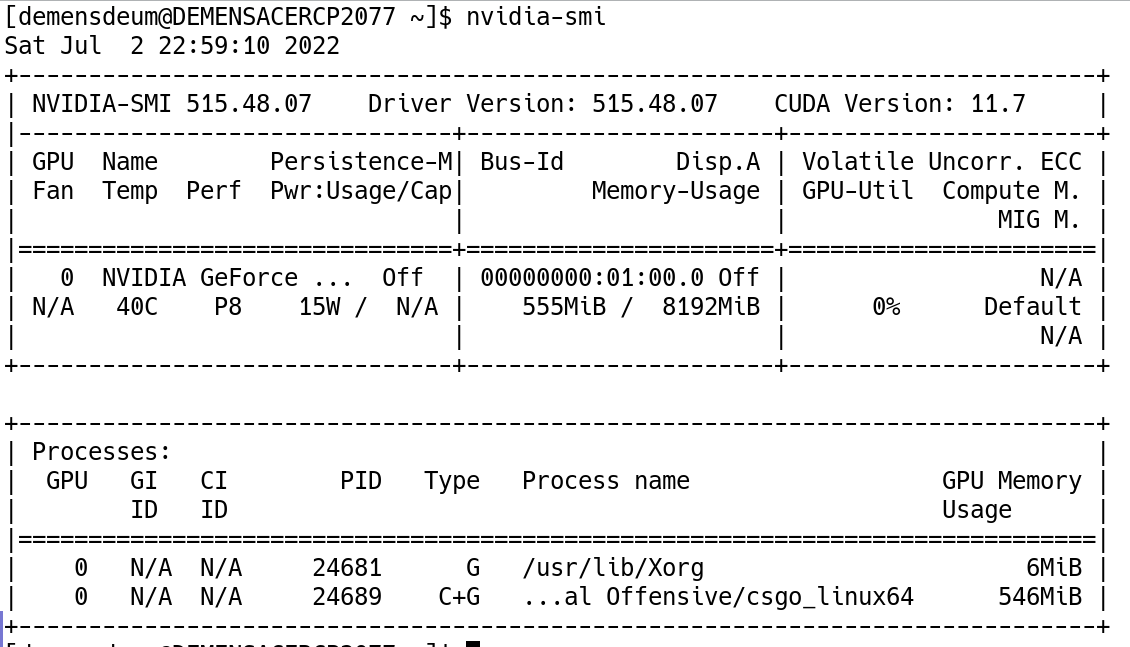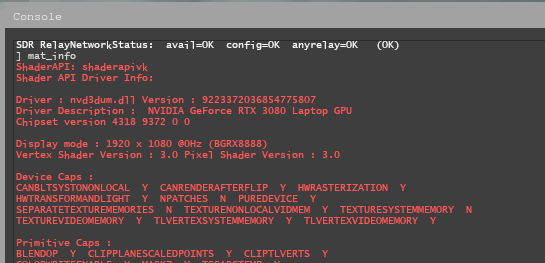Shell Sort is a variant of sorting by inserts with preliminary combing of an array of numbers.
Once in a while, computer scientist Donald Shell wondered how to improve the insertion sort algorithm. He came up with the idea to preliminarily go through the array with two cycles, but at a certain distance, gradually reducing the “comb” until it turns into a regular insertion sort algorithm. Everything is really so simple, no pitfalls, we add another one to the two cycles from above, in which we gradually reduce the size of the “comb”. The only thing that will need to be done is to check the distance when comparing so that it does not go beyond the array.
A really interesting topic is the choice of sequence for changing the length of the comparison at each iteration of the first loop. It is interesting for the reason that the performance of the algorithm depends on it.
Different people were engaged in calculating the ideal distance, so, apparently, this topic was interesting to them. Couldn’t they just fire up Ruby, call the fastest sort() algorithm?
In general, these strange people wrote dissertations on the topic of calculating the distance / gap of the “comb” for the Shell algorithm. I just used the results of their work and checked 5 types of sequences, Hibbard, Knuth-Pratt, Ciura, Sedgewick.
from typing import List
import time
import random
from functools import reduce
import math
DEMO_MODE = False
if input("Demo Mode Y/N? ").upper() == "Y":
DEMO_MODE = True
class Colors:
BLUE = '\033[94m'
RED = '\033[31m'
END = '\033[0m'
def swap(list, lhs, rhs):
list[lhs], list[rhs] = list[rhs], list[lhs]
return list
def colorPrintoutStep(numbers: List[int], lhs: int, rhs: int):
for index, number in enumerate(numbers):
if index == lhs:
print(f"{Colors.BLUE}", end = "")
elif index == rhs:
print(f"{Colors.RED}", end = "")
print(f"{number},", end = "")
if index == lhs or index == rhs:
print(f"{Colors.END}", end = "")
if index == lhs or index == rhs:
print(f"{Colors.END}", end = "")
print("\n")
input(">")
def ShellSortLoop(numbers: List[int], distanceSequence: List[int]):
distanceSequenceIterator = reversed(distanceSequence)
while distance:= next(distanceSequenceIterator, None):
for sortArea in range(0, len(numbers)):
for rhs in reversed(range(distance, sortArea + 1)):
lhs = rhs - distance
if DEMO_MODE:
print(f"Distance: {distance}")
colorPrintoutStep(numbers, lhs, rhs)
if numbers[lhs] > numbers[rhs]:
swap(numbers, lhs, rhs)
else:
break
def ShellSort(numbers: List[int]):
global ShellSequence
ShellSortLoop(numbers, ShellSequence)
def HibbardSort(numbers: List[int]):
global HibbardSequence
ShellSortLoop(numbers, HibbardSequence)
def ShellPlusKnuttPrattSort(numbers: List[int]):
global KnuttPrattSequence
ShellSortLoop(numbers, KnuttPrattSequence)
def ShellPlusCiuraSort(numbers: List[int]):
global CiuraSequence
ShellSortLoop(numbers, CiuraSequence)
def ShellPlusSedgewickSort(numbers: List[int]):
global SedgewickSequence
ShellSortLoop(numbers, SedgewickSequence)
def insertionSort(numbers: List[int]):
global insertionSortDistanceSequence
ShellSortLoop(numbers, insertionSortDistanceSequence)
def defaultSort(numbers: List[int]):
numbers.sort()
def measureExecution(inputNumbers: List[int], algorithmName: str, algorithm):
if DEMO_MODE:
print(f"{algorithmName} started")
numbers = inputNumbers.copy()
startTime = time.perf_counter()
algorithm(numbers)
endTime = time.perf_counter()
print(f"{algorithmName} performance: {endTime - startTime}")
def sortedNumbersAsString(inputNumbers: List[int], algorithm) -> str:
numbers = inputNumbers.copy()
algorithm(numbers)
return str(numbers)
if DEMO_MODE:
maximalNumber = 10
numbersCount = 10
else:
maximalNumber = 10
numbersCount = random.randint(10000, 20000)
randomNumbers = [random.randrange(1, maximalNumber) for i in range(numbersCount)]
ShellSequenceGenerator = lambda n: reduce(lambda x, _: x + [int(x[-1]/2)], range(int(math.log(numbersCount, 2))), [int(numbersCount / 2)])
ShellSequence = ShellSequenceGenerator(randomNumbers)
ShellSequence.reverse()
ShellSequence.pop()
HibbardSequence = [
0, 1, 3, 7, 15, 31, 63, 127, 255, 511, 1023, 2047, 4095,
8191, 16383, 32767, 65535, 131071, 262143, 524287, 1048575,
2097151, 4194303, 8388607, 16777215, 33554431, 67108863, 134217727,
268435455, 536870911, 1073741823, 2147483647, 4294967295, 8589934591
]
KnuttPrattSequence = [
1, 4, 13, 40, 121, 364, 1093, 3280, 9841, 29524, 88573, 265720,
797161, 2391484, 7174453, 21523360, 64570081, 193710244, 581130733,
1743392200, 5230176601, 15690529804, 47071589413
]
CiuraSequence = [
1, 4, 10, 23, 57, 132, 301, 701, 1750, 4376,
10941, 27353, 68383, 170958, 427396, 1068491,
2671228, 6678071, 16695178, 41737946, 104344866,
260862166, 652155416, 1630388541
]
SedgewickSequence = [
1, 5, 19, 41, 109, 209, 505, 929, 2161, 3905,
8929, 16001, 36289, 64769, 146305, 260609, 587521,
1045505, 2354689, 4188161, 9427969, 16764929, 37730305,
67084289, 150958081, 268386305, 603906049, 1073643521,
2415771649, 4294770689, 9663381505, 17179475969
]
insertionSortDistanceSequence = [1]
algorithms = {
"Default Python Sort": defaultSort,
"Shell Sort": ShellSort,
"Shell + Hibbard" : HibbardSort,
"Shell + Prat, Knutt": ShellPlusKnuttPrattSort,
"Shell + Ciura Sort": ShellPlusCiuraSort,
"Shell + Sedgewick Sort": ShellPlusSedgewickSort,
"Insertion Sort": insertionSort
}
for name, algorithm in algorithms.items():
measureExecution(randomNumbers, name, algorithm)
reference = sortedNumbersAsString(randomNumbers, defaultSort)
for name, algorithm in algorithms.items():
if sortedNumbersAsString(randomNumbers, algorithm) != reference:
print("Sorting validation failed")
exit(1)
print("Sorting validation success")
exit(0)

